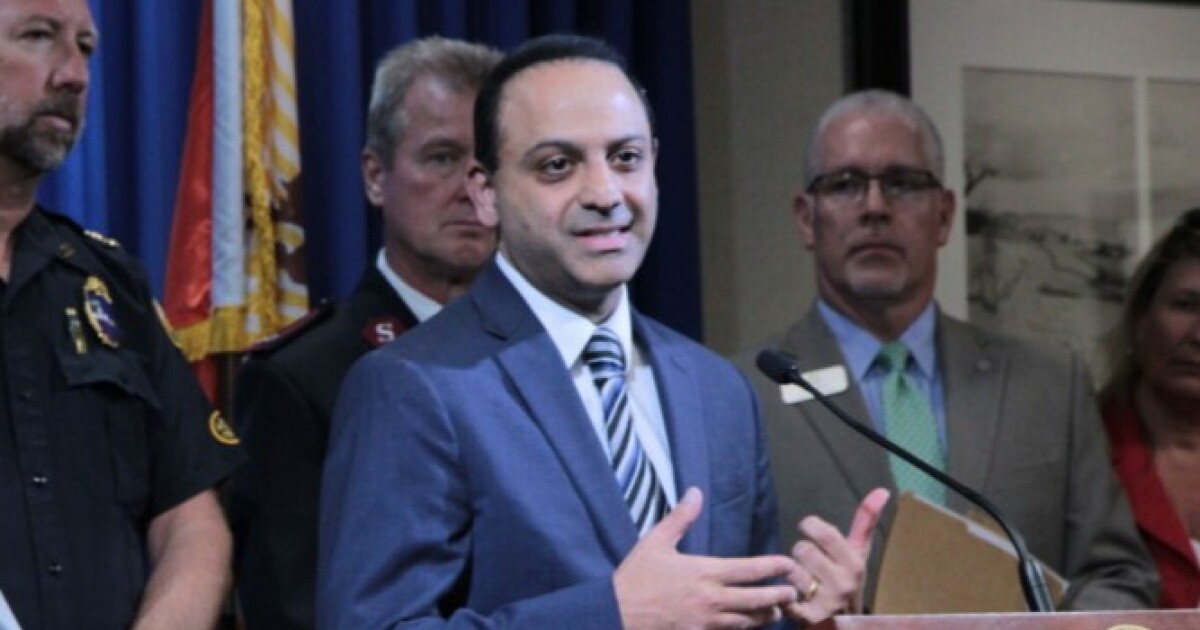The tragic murder of Iryna Zarutska, a 23-year-old Ukrainian refugee, has brought attention to the critical issues of crime, mental health, and judicial accountability in North Carolina and beyond. On a seemingly ordinary day, Zarutska’s life was violently cut short on a train in Charlotte, igniting public outrage and prompting discussions among politicians, commentators, and everyday citizens about the adequacy of the criminal justice system.
Background of the Incident
Iryna Zarutska had fled the war in Ukraine in 2022, seeking safety and a new beginning in the United States. Her life was characterized by a deep-seated passion for art and a strong connection to her family, which made her untimely death that much more shocking. Surveillance footage released by the Charlotte Area Transit System shows a horrifying scene: Zarutska seated on the train when she was brutally stabbed from behind. The accused, 34-year-old Decarlos Brown Jr., was apprehended and charged with first-degree murder.
The Response
The response to this crime has been multifaceted. Mayor Vi Lyles of Charlotte labeled the situation a “tragic failure by the courts and magistrates,” asserting a strong need for increased police presence in public areas to ensure safety. In a powerful statement, North Carolina Governor Josh Stein expressed outrage and called for legislative actions to fill vacancies in law enforcement agencies, emphasizing the need for accountability when it comes to violent crimes.
Meanwhile, former President Donald Trump also chimed in, referring to the incident as "horrible" and asserting that "evil people" need to be dealt with decisively to maintain societal order. His statements reflect a growing national dialogue about safety and crime, particularly in cities governed by Democrats, amidst calls for stricter law enforcement policies.
Key Issues Raised
Judicial System and Accountability: Central to the debate following Zarutska’s murder is the question of how a person with a substantial criminal history—comprising armed robbery, felony larceny, and other offenses—was free and roaming the streets. Critics, especially from the Republican party, have pointed fingers at the judicial system, attributing blame to “woke agendas” that they argue neglect the safety of citizens.
Mental Health Concerns: Brown’s case also emphasizes the complexities surrounding defendants with mental health issues. Mecklenburg County District Attorney Spencer Merriweather noted the challenges faced in holding such individuals accountable, as courts often wait for them to be mentally fit to stand trial. The intersection of mental health and criminal behavior raises profound questions: how can society best support those who are struggling while also ensuring the safety of its citizens?
Public Safety Measures: Mayor Lyles and Governor Stein’s calls for more police on the streets indicate a push towards strengthening public safety measures. This raises debates about the efficacy of increased policing versus reforming systemic issues that contribute to crime. Solutions must consider both immediate safety and broader systemic challenges, including mental health support and addressing the root causes of crime.
- Community Impact and Victim Advocacy: The impact of Zarutska’s death extends far beyond her immediate family. Community members have shown an outpouring of support for her family, as they cope with the void left by her tragic passing. This case spots light on the importance of victim advocacy and the necessity for communities to come together in the face of violence.
Political Ramifications
As political figures weigh in on the incident, it has become increasingly apparent that the discourse surrounding crime and safety is deeply polarized. While some call for reform and understanding, others advocate for tougher measures against repeat offenders. This tension could have significant ramifications for upcoming elections, particularly in areas where crime rates and public safety are major voter concerns.
Looking Ahead
While the murder of Iryna Zarutska is a singularly tragic event, it is emblematic of larger societal issues that require urgent attention. The case has drawn a spotlight on the effectiveness of the judicial system in dealing with violent offenders, raising crucial questions about how to balance public safety with nuanced considerations of mental health.
Future efforts must encompass comprehensive strategies that address not only law enforcement but also community support services that can help prevent such tragedies from occurring in the first place. Building a safe society is not solely about reacting to crime but understanding and addressing the underlying factors that lead individuals like Decarlos Brown to violence.
In conclusion, Iryna Zarutska’s tragic death serves as a catalyst for ongoing discussions about crime, mental health, and justice in America. Her story reflects the broader struggles faced by many and emphasizes the need for communities, governments, and society as a whole to focus on viable solutions that prioritize safety, accountability, and compassion for those in need. The response to her murder will ultimately shape the conversation about crime and justice in the future.









